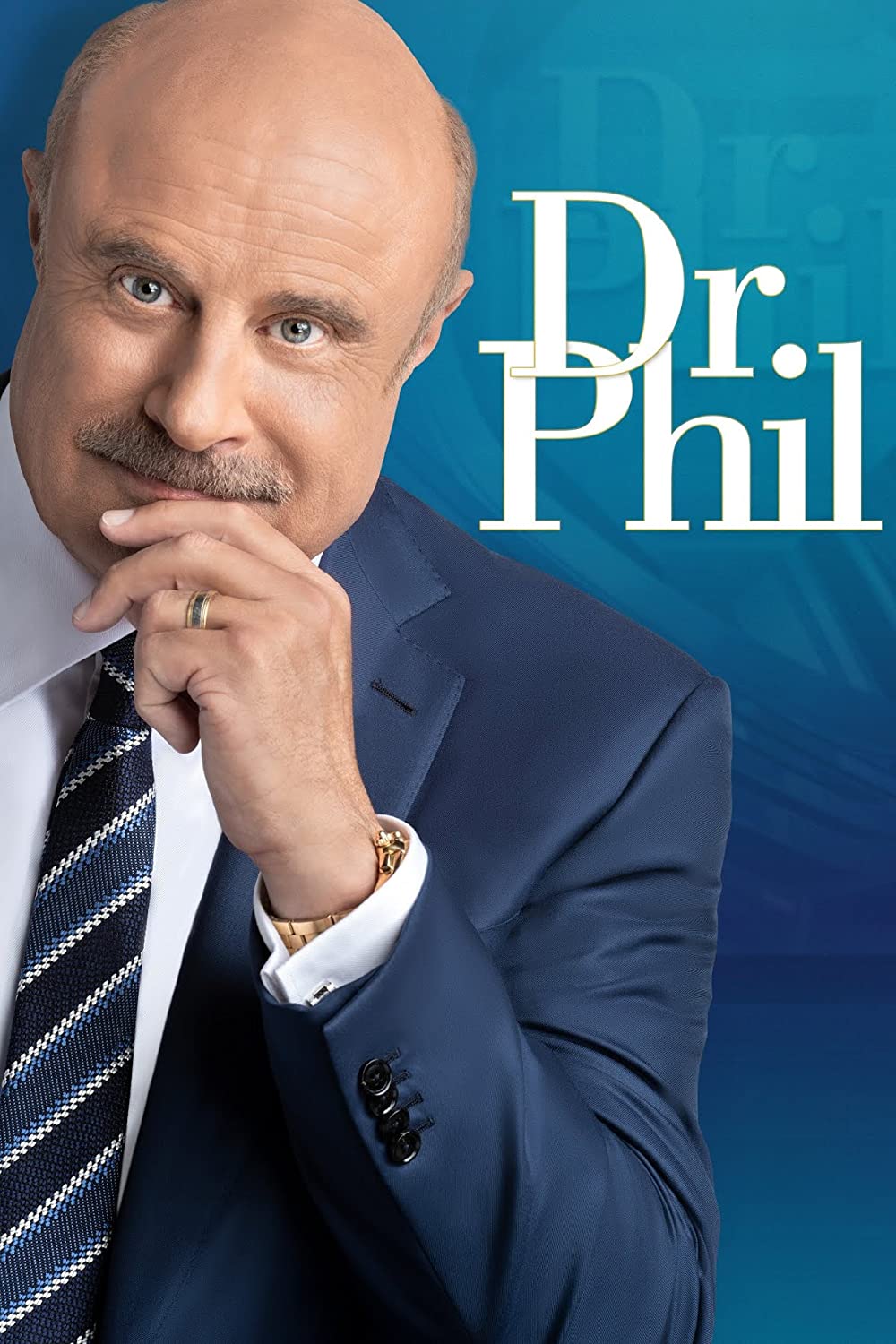Can a mother truly be held accountable for her child's tragic death? This is the harrowing question that has haunted Connecticut since 2008 when Heather Specyalski faced charges in connection with her son Brandon's fatal overdose. The case drew national attention, sparking debates about parental responsibility and addiction. At its core, this story delves into the complexities of modern parenting, substance abuse, and the legal system’s role in addressing such tragedies.
The trial against Heather Specyalski unfolded in the Superior Court of Connecticut, where prosecutors alleged negligence on her part leading to Brandon's death. Brandon, then 15 years old, succumbed to an overdose after consuming prescription medications found within his mother's home. According to court records, Brandon had reportedly rummaged through his mother's purse following a night of drinking alcohol. These chilling details painted a picture of a vulnerable teenager grappling with addiction—a struggle compounded by familial dynamics and access to dangerous substances.
| Personal Information | |
|---|---|
| Name | Heather Specyalski |
| Date of Birth | March 14, 1970 |
| Place of Residence | Ashford, Connecticut |
| Occupation | Stay-at-home Mother (at the time of incident) |
| Education | Bachelor's Degree in Psychology |
| Career Highlights | |
| Notable Event | Acquitted of manslaughter charges in 2010 regarding her son Brandon's overdose death. |
| Public Appearances | Featured guest on Dr. Phil discussing the case and its aftermath. |
| Legal Status | No further criminal charges post-trial. |
| References | FindLaw Case Details |
In the courtroom, Brian Specyalski, Heather's ex-husband, testified about their joint custody arrangement following their divorce in 1998. Brandon alternated living arrangements between both parents until circumstances surrounding his addiction began affecting these plans. Prosecutors argued that Heather failed to adequately supervise Brandon during his stays at her residence, allowing him unrestricted access to potentially lethal medications. However, defense attorneys countered by emphasizing Brandon's own agency and the broader societal issues contributing to adolescent substance misuse.
Despite the prosecution's efforts, the jury ultimately acquitted Heather Specyalski of all charges. This verdict did little to quell public discourse around the matter. Critics questioned whether justice had been served, while supporters praised the decision as recognition of individual accountability over parental blame. Regardless of perspective, one undeniable truth emerged: the loss of Brandon Specyalski left an indelible mark on his family and community.
Following the trial, Heather became a media figure due to her appearances on programs like Dr. Phil. On the show, she discussed the emotional toll of losing her son and addressed accusations from her ex-husband. During one episode, Dr. Phil highlighted the dangers of blind trust in parenting, quoting Brandon himself who stated, “The most trusting parents are the ones who are the easiest to take advantage of.” Such insights underscored the delicate balance between fostering independence and ensuring safety for teenagers navigating precarious situations.
Years later, updates on Heather Specyalski remain sparse but poignant. Social media profiles linked to her reveal glimpses into her life post-trial, including advocacy work aimed at raising awareness about youth addiction. Her journey serves as both cautionary tale and testament to resilience amidst unimaginable grief. As society continues grappling with rising rates of adolescent substance use, cases like hers compel us to rethink prevention strategies and support systems for families affected by addiction.
Data compiled from various sources indicates alarming trends among young people experimenting with drugs. For instance, studies suggest nearly half of high school students have tried illicit substances before graduation. Moreover, easy accessibility to prescription medications exacerbates risks associated with experimentation. In response, organizations nationwide advocate for stricter regulations governing medication storage and disposal methods, alongside educational campaigns targeting teens and parents alike.
Meanwhile, advancements in therapeutic interventions offer renewed hope for recovery. Programs focusing on cognitive-behavioral therapy and peer support networks demonstrate promising results in helping adolescents overcome dependencies. Yet, implementation remains inconsistent across regions, leaving many without necessary resources. Policymakers must prioritize funding initiatives designed to bridge these gaps if meaningful progress is to occur.
Returning to Heather Specyalski's story, it becomes evident how interconnected personal tragedy and systemic challenges truly are. While no amount of hindsight can undo what happened to Brandon, lessons learned from his case inform ongoing discussions about safeguarding future generations. By acknowledging vulnerabilities inherent in every household and committing to proactive measures, we honor not only those lost but also survivors striving toward healing.
Ultimately, the legacy of Heather Specyalski extends beyond headlines or courtrooms—it resides in conversations sparked worldwide about responsibility, empathy, and redemption. Whether viewed through legal, psychological, or humanitarian lenses, her experience resonates deeply because it reflects universal fears and aspirations tied to raising children in today's complex world.



